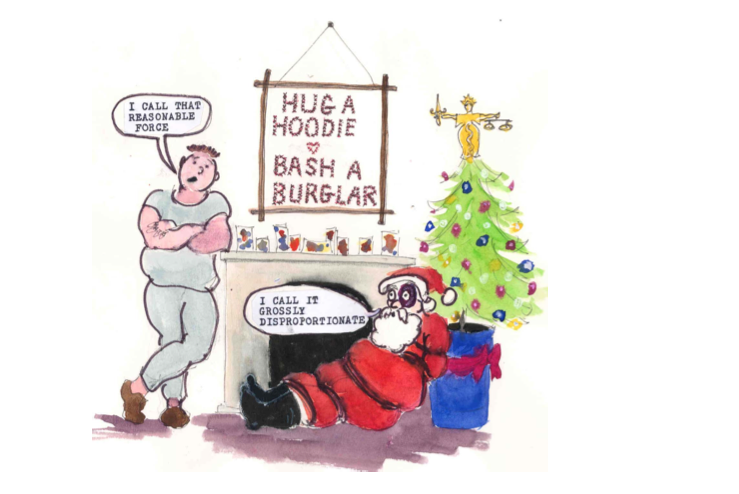My name is Frankie Owens I was prisoner A1443CA and the library orderly at Her Majesty’s Pleasure until 2nd August 2011. As a first time offender I had no idea, how the system or prison worked. I was clueless to it all and it was hard for me going in and frightening for the family and loved ones I left behind. My writing began as self-help and as the days progressed it occurred to me that the Little Book of Prison: A Beginners’ Guide (Waterside 2012) would prove useful to first time offenders and help them get through what is surely one of the most difficult times in their lives. It also motivated me to get out on the wing and find out as much as possible about my new home.
I read a lot of books about people in prison, people that were in far worse places than I was and on far longer sentences, this gave me a lot of comfort but I was most interested in the prison not the person. I liked the fact that I was writing a book that would help new inmates, their friends and families know what to expect from the system, this gave me the great comfort.
I was introduced to the ‘Toe by Toe’ mentor scheme by the librarian and signed up to do the training. I was already helping prisoners write letters to the judge and encouraged them to join the scheme. It felt good to be helping prisoners to learn to read and write, it raised their aspirations and gave them a new focus. You could see the positive energy being displayed by prisoners the feel good factor was powerful. The difficulty was that rooms were not made available and seeing prisoners in their cell was problematic.
I explained this to the shadow minister for prisons, Jenny Chapman when I was invited to join the Prisoners Education Trust in a consultation meeting on the future labour manifesto. I was asked by the RSA to write an article titled ‘Can we afford Writing in Prison’. In this I highlighted the great work of organisations that were funded by charity status but were only successful in delivering in prisons where the Governor was receptive to the restorative justice agenda, it is not currently a target or commitment for every prison.
Devoid of emotions
In prison you are forced into an emotional shut down state in order to get through the day, any sign of weakness on the wing could make you a victim. Once behind your door you have time to think about what you have done, the family and loved ones that are suffering too and the helplessness that you feel. Some prisoners cannot bring themselves to think about this as it is too difficult, painful and mentally destructive. This emotional rollercoaster is the most difficult thing about being in prison, for the prisoners that find it too difficult the emotional shut down becomes so acute that they are unable to open up to share emotions or feelings whilst in prison. Over the time they are locked away some become detached completely, for them the system has de-humanised making them devoid of emotions, devoid of empathy, how will this affect them when they leave prison, will it ensure they do not re-offend?
One of those organisations that bring this invaluable opportunity into prison is the Koestler Trust, a prison arts charity in its 50th year which runs a yearly competition for prisoners nationwide within the creative industries. The Little Book of Prison: A Beginners Guide won the Koestler Trust’s 2011 platinum award for non-fiction judged by Will Self. (Tim Robertson, the CEO of Koestler, reviewed the book calling it ‘a practical and totally frank introduction to real life in the British prison system – probably the best introduction there is – but also a wonderfully human narrative and a sharply argued critique. I was gripped from start to finish.’)
It occurs to me now that my writing was about expressing myself sharing my emotions and feelings, the core of human nature and the acknowledgement of my core values. When emotionally aware you can determine what is right and what is wrong, in offences committed you appreciate the feelings of the victim and can empathise.
Find out more about Frankie’s book HERE.




